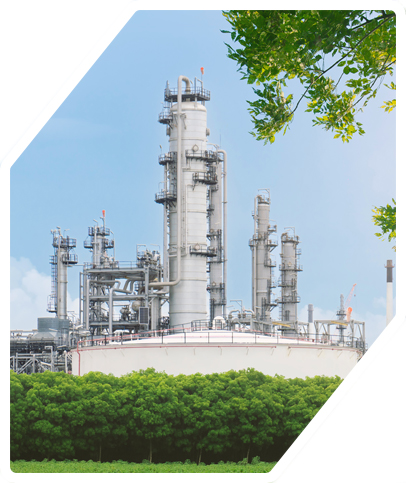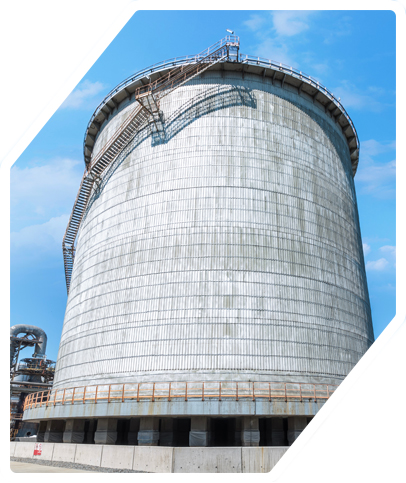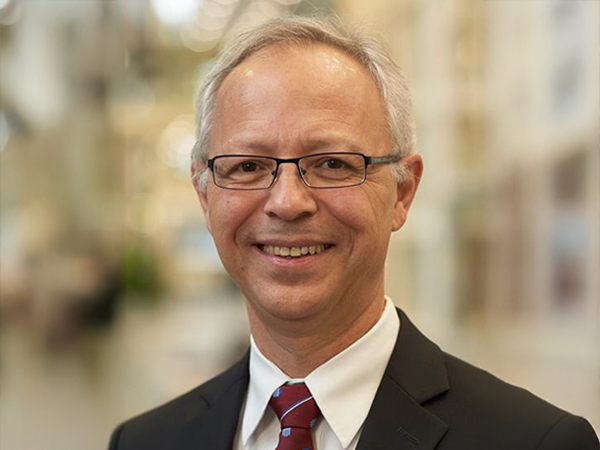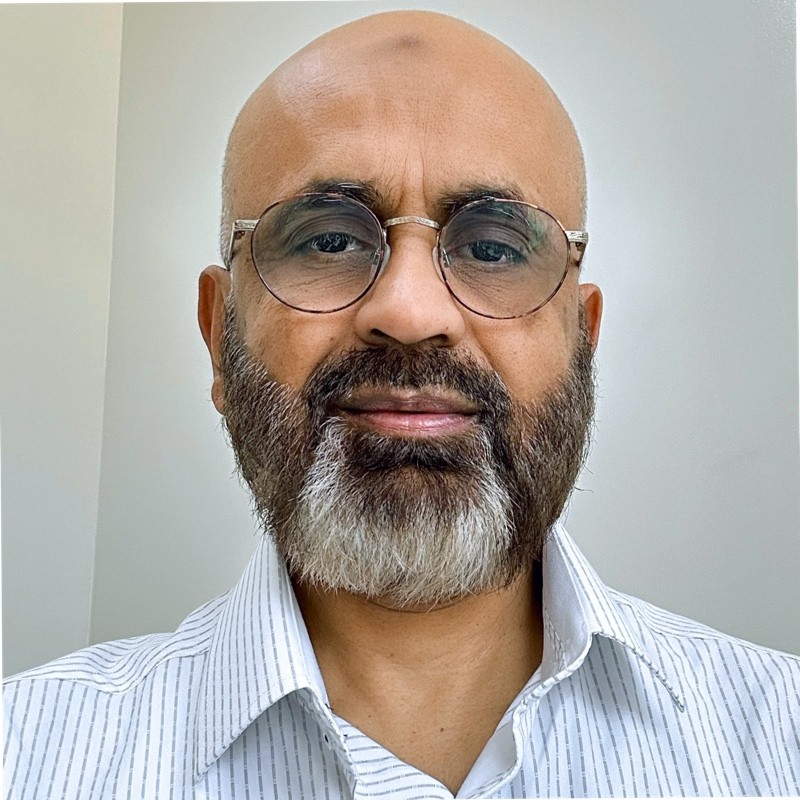The World CCUS Conference offers one-day short courses by carefully selected renowned instructors, aimed at providing professionals and academics with key knowledge relevant to current developments in the field.
REGISTRATION OPENS SOON
Short Course 1
CO2 Storage Project Design and Optimization (Saline Aquifers)
Short Course 2
Fundamentals of Gas Injection Processes: CO2 Injection/Sequestration, HC Injection and Miscibility (MMP/MME)
Short Course 3
Rock physics & quantitative seismic interpretation for a CO2 storage site characterization and monitoring
| Instructor: | Prof. Philip Ringrose (Norwegian University of Science & Technology, Norway) |
| Language: | English |
| Level: | Intermediate |
| Duration and format: | Classroom, 1 day |
| Location: | TBD |

The course will explain the overall design of CO2 storage projects, focusing on sandstone (siliciclastic) saline aquifer systems, and covering:

Philip Ringrose is Professor in Energy Transition Geoscience at NTNU, based at the Centre for Geophysics Forecasting. He is also Honorary Professor (2018–2024) in Sustainable Geoenergy at the University of Edinburgh, School of Geosciences. He was previously at Equinor, where he worked on various developments in CCS and on several large-scale CO2 storage projects. His many years of industry and research experience, include positions as Lead Geologist and Advisor for Geological Reservoir Modelling (at Statoil). Between 1990 and 1997, he was a Lecturer and Research Fellow at the Heriot-Watt Institute of Petroleum Engineering, Edinburgh, UK.
He has published widely on reservoir geoscience and flow in rock media and has recently published textbooks on ‘Reservoir Model Design’ (2021) together with Mark Bentley and ‘How to Store CO2 Underground’ (2020). He has been honoured with several awards, including the 2023 SINTEF-NTNU CCS Award, the EAGE 2022 Norman Falcon Award (with others), the 2021 Energy Group Medal from the Geological Society of London, and the EAGE 2018 Louis Cagniard Award (with Dr Nazarian). He is a member of The Royal Norwegian Society of Sciences and Letters (DKNVS) and the Norwegian Academy of Technological Sciences (NTVA).
| Instructor: | Birol Dindoruk (Texas A&M University) |
| Language: | English |
| Level: | Introductory to Intermediate |
| Duration and format: | Classroom, 1 day |
| Location: | TBD |

Concept of gas injection and what miscibility means and not.
Gas flooding involves many aspects of engineering, from surface facilities to production engineering to reservoir engineering. There are also newer theories and their applications, especially in the context of miscibility development and assessment as summarized by Dindoruk et al. [3]. Some of the renewed momentum in gas flooding also comes from the potential for subsurface CO2 sequestration and other gases (H2,CH4, etc.) storage to lower the overall footprint of greenhouse gases. More than ever, there is a wider envelope of applications for petroleum engineers that includes coupled CO2 sequestration and geothermal energy production.
This class will focus on the key topics of gas injection processes that covers both EOR and as well as CO2 sequestration aspects, fundamentals, practical measurements and workflows. In the class, we will emphasize use cases and various examples including experimental processes. As the complexity of in-situ fluids and the reservoir conditions become more challenging, progress in the computational area is also being made. Therefore, complex fluids and their implications in the context of gas injection processes will be inherently part of this class. One of the new topics that we will also introduce is the use of data-centric/machine learning methods to estimate MMP as one of the key parameters of screening/design.

Dr. Birol Dindoruk is currently American Association of Drilling Engineers Endowed Professor of Petroleum Engineering at Texas A&M University, previously he was the Chief Scientist of Reservoir Physics and the Principal Technical Expert of Reservoir Engineering in Shell focusing on areas of Fluid Properties and CO2/Gas Injection Processes.
His technical contributions have been acknowledged with many awards during his career, including SPE Lester C. Uren Award (2014), Cedric K. Ferguson Medal (1994), and Distinguished Membership. In 2017, he was elected as a member of the National Academy of Engineering for his significant theoretical and practical contributions to enhanced oil recovery and CO2 sequestration.
Dindoruk has 28 years of industrial experience, holds a BSc Degree from Technical University of Istanbul in Petroleum Engineering, MSc Degree from The University of Alabama in petroleum engineering and also a PhD from Stanford University in Petroleum Engineering and Mathematics, and an MBA from University of Houston.
| Instructor: | Manzar Fawad (Norwegian Geotechnical Institute) |
| Language: | English |
| Level: | Introductory to Intermediate |
| Duration and format: | Classroom, 1 day |
| Location: | TBD |

Information coming soon.

Fawad, Manzar, is a Lead Geophysicist at NGI with over 25 years of experience in hydrocarbon exploration, field development, CO₂ storage evaluation, reservoir characterization, and R&D. He has developed innovative methods to quantify reservoir and source rock properties using wireline logs and prestack inverted seismic, as well as advanced approaches for CO₂ storage monitoring integrating seismic and electromagnetic data.
He holds a Ph.D. in Sediment Compaction and Rock Physics from the University of Oslo and an M.Sc. in Petroleum Geosciences (Quantitative Seismic) from NTNU.

